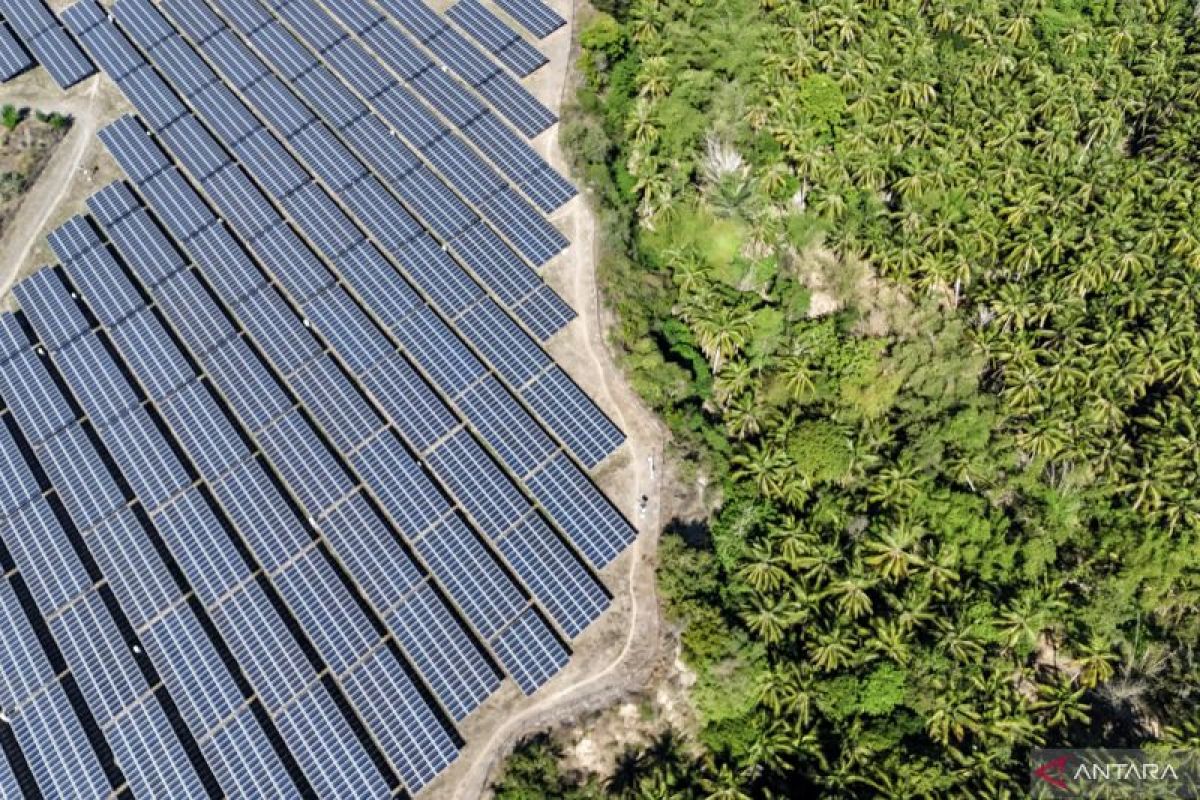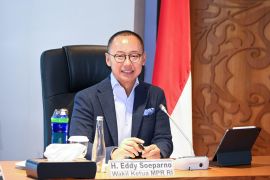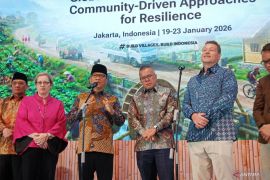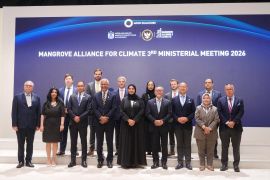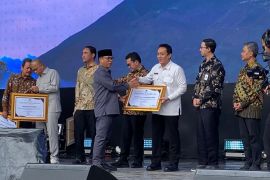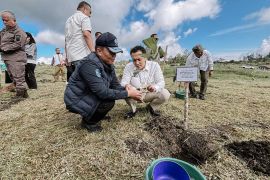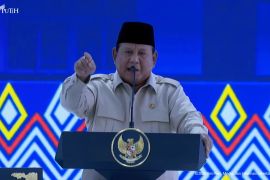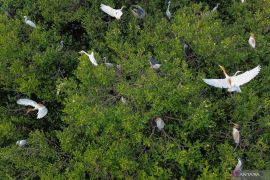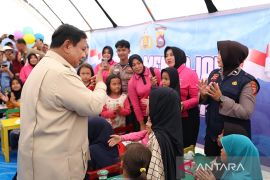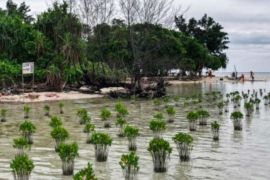"The Second NDC is a roadmap that reflects Indonesia’s commitment to protecting the Earth, strengthening economic competitiveness, and building a more equitable future for all people," Environment Minister Hanif Faisol Nurofiq said on Saturday.
He noted that the updated climate action plan aims to be more comprehensive and fully aligned with Indonesia's ambition to lead global carbon emission reduction efforts.
The plan responds to a mandate from the 28th UN Climate Conference (COP28), specifically Decision 1/CMA.5, which calls for global emissions to peak between 2020 and 2025.
It also urges a reduction of global greenhouse gas emissions by 43 percent by 2030 and 60 percent by 2035, using 2019 levels — 1,147 million tons of carbon dioxide equivalent (CO2e) — as the baseline.
To meet this target, Indonesia will need to reduce emissions to around 459 million tons of CO2e, requiring coordinated efforts across all major sectors.
Nurofiq said the energy sector, which contributes about 55 percent of total national emissions, will be the main focus. The goal is to raise the renewable energy share to 27–33 percent by 2035 through measures like improving energy efficiency and expanding electric vehicle use.
In the forestry and land-use sector, Indonesia will pursue its FOLU Net Sink 2030 target, ensuring carbon absorption exceeds emissions. This includes large-scale forest restoration and cutting deforestation from 0.918 million hectares annually to under 0.3 million hectares.
In the waste sector, Indonesia plans to strengthen its Zero Waste Zero Emission 2050 policy. Meanwhile, the agriculture sector will emphasize adaptation and mitigation to reduce emissions and boost food security.
The marine sector will also be a key focus, particularly restoring seagrass beds and coral reefs as blue carbon sinks, and protecting coastal areas from climate impacts.
To track progress, Indonesia has launched the National Registry System (SRN) — a web-based platform to enhance transparency in climate-related actions and achievements across sectors.
Communities are also being encouraged to join the climate village program (ProKlim), which currently covers over 5,000 villages and aims to reach 20,000 by 2035.
"Climate change knows no borders. We will all be affected," Nurofiq said. "Let us realize the Second NDC as a collective movement."
Related news: Indonesia pursues EIB funding for low-emission transportation
Related news: Second NDC pending emission reduction discussion: RI Govt
Translator: Prisca Triferna, Resinta Sulistiyandari
Editor: Anton Santoso
Copyright © ANTARA 2025
